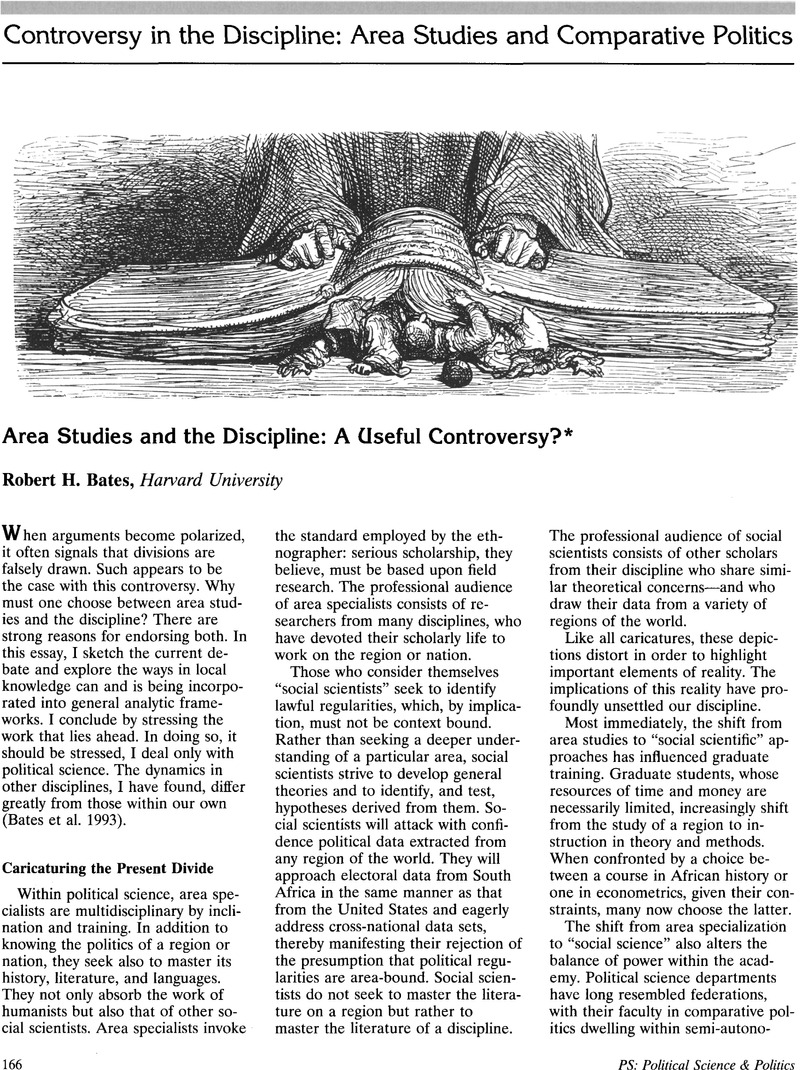Crossref Citations
This article has been cited by the following publications. This list is generated based on data provided by
Crossref.
Oros, Andrew
Hendry, Joy
Mehl, Margaret
Amyx, Jennifer
Hood, Christopher
Stockwin, J.A.A.
Frewer, Douglas
Aspinall, Robert
Gilson, Julie
Aaron, Carl
Screech, Timon
Tomida, Hiroko
Gill, Tom
McClure, William
Miyamoto, Setsuko
Rose, Caroline
Neary, Ian
and
Townsend, Susan C.
1998.
Book reviews.
Japan Forum,
Vol. 10,
Issue. 2,
p.
221.
Morris, John T.
1998.
Introducing Master's Students to Area Studies: An Interdisciplinary Research and Skills Approach.
PS: Political Science & Politics,
Vol. 31,
Issue. 02,
p.
204.
Jentleson, Bruce W.
2002.
The Need for Praxis: Bringing Policy Relevance Back In.
International Security,
Vol. 26,
Issue. 4,
p.
169.
Blyth, Mark
2003.
Structures Do Not Come with an Instruction Sheet: Interests, Ideas, and Progress in Political Science.
Perspectives on Politics,
Vol. 1,
Issue. 4,
p.
695.
Kang, David C.
2003.
Getting Asia Wrong: The Need for New Analytical Frameworks.
International Security,
Vol. 27,
Issue. 4,
p.
57.
Guyer, Jane I.
2004.
Anthropology in Area Studies.
Annual Review of Anthropology,
Vol. 33,
Issue. 1,
p.
499.
Acharya, Amitav
2004.
Will Asia's Past Be Its Future?.
International Security,
Vol. 28,
Issue. 3,
p.
149.
Bilgin, Pinar
2006.
What future for Middle Eastern studies?.
Futures,
Vol. 38,
Issue. 5,
p.
575.
White, Gregory W.
2007.
International Political Economy and the Persistent Scare Quotes around “Development”.
Perspectives on Politics,
Vol. 5,
Issue. 01,
Kasaba, Reşat
2010.
Les sciences sociales en voyage.
p.
113.
Dubrow, Joshua Kjerulf
2011.
Sociology and American Studies: A Case Study in the Limits of Interdisciplinarity.
The American Sociologist,
Vol. 42,
Issue. 4,
p.
303.
Wang, Shaoguang
2011.
To ‘Fall in Line’ or to ‘Grab’: Thoughts on the Indigenization of Political Science.
Journal of Chinese Political Science,
Vol. 16,
Issue. 3,
p.
299.
ALVAREZ, SONIA E.
ARIAS, ARTURO
and
HALE, CHARLES R.
2011.
RE-VISIONING LATIN AMERICAN STUDIES.
Cultural Anthropology,
Vol. 26,
Issue. 2,
p.
225.
Sirin, Cigdem V.
2012.
Examining the role of identity in negotiation decision making:the case of Cyprus.
International Journal of Conflict Management,
Vol. 23,
Issue. 4,
p.
413.
HORN, S. A.
2013.
Interdisciplinary Engagement as an Acculturation Process: The Case of Japanese Studies.
Social Science Japan Journal,
Vol. 16,
Issue. 2,
p.
251.
Wang, Shaoguang
2013.
Political Science and Chinese Political Studies.
p.
237.
Somer, Murat
2014.
Theory-consuming or Theory-producing?: Studying Turkey as a Theory-developing Critical Case.
Turkish Studies,
Vol. 15,
Issue. 4,
p.
571.
N.M., Quang,
2016.
Southeast asian studies as a field of study: A look from ideas behind the sociology of knowledge and inter-disciplinary debates.
Can Tho University Journal of Science,
Vol. 04,
Issue. ,
p.
140.
Waheed, Ahmed W.
2020.
‘Knowing’ Pakistan: knowledge production and area studies.
Third World Quarterly,
Vol. 41,
Issue. 4,
p.
707.
Curaming, Rommel A.
2021.
Fieldwork and the Self.
Vol. 12,
Issue. ,
p.
307.





